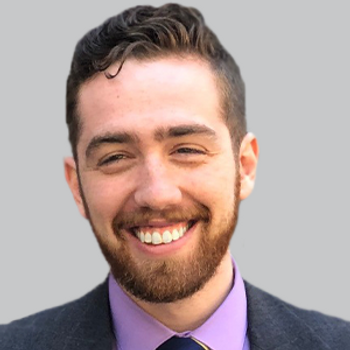
Further studies are needed to confirm the additional reductions in monthly headache days observed in patients with migraine who were treated with onabotulinumtoxinA and an add-on CGRP agent.

Further studies are needed to confirm the additional reductions in monthly headache days observed in patients with migraine who were treated with onabotulinumtoxinA and an add-on CGRP agent.
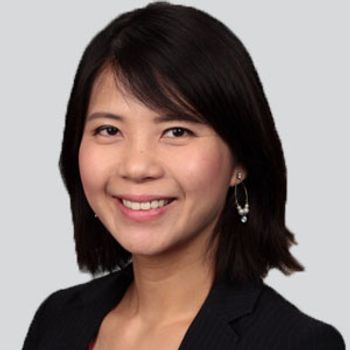
Consistent pain relief from all attacks was reported by 27% of patients treated with ubrogepant and 73% experienced relief from at least 1 attack.

The director of MedStar Georgetown Headache Center and associate professor of neurology at MedStar Georgetown University Hospital spoke to the specific datasets she is anticipating at the AHS 2020 meeting.

In Part 1 of this interview, the clinical health psychology fellow at Cleveland Clinic’s Mellen Center for MS Treatment and Research provides in-depth insight on his study evaluating masculinity norms in patients with multiple sclerosis.
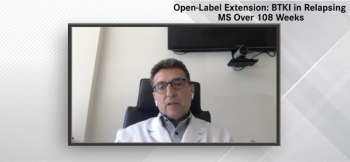
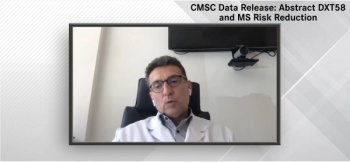
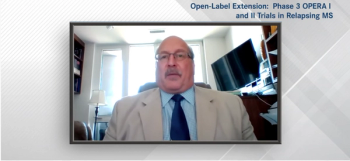
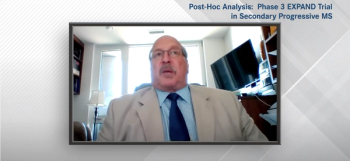
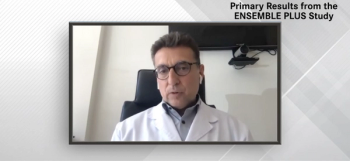
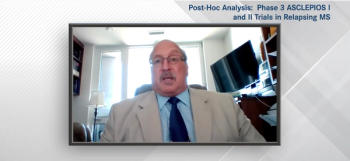
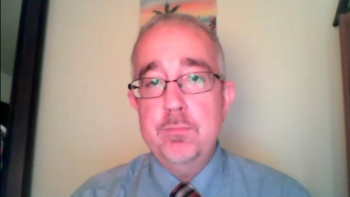
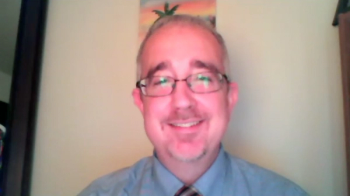
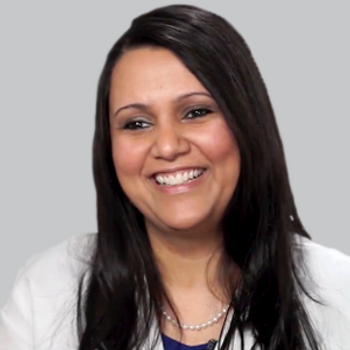
Ahead of sessions kicking off on June 13, Jessica Ailani, MD, FAHS, offers a look into what data, plenary talks, and developments are set to be presented at the upcoming AHS 2020 annual meeting.
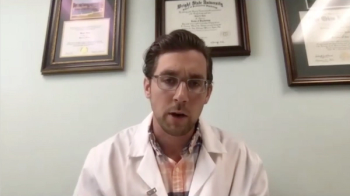
The clinical health psychology fellow at the Mellen Center for MS Treatment and Research at Cleveland Clinic details the use of behavioral health and potential use of Conformity to Masculine Norms Inventory (CMNI) tool in multiple sclerosis care.

The AHS fellow, director of MedStar Georgetown Headache Center, and associate professor of neurology at MedStar Georgetown University Hospital spoke to the rapid expansion of headache medicine and what new research will be discussed at AHS 2020.

The AHS fellow, director of MedStar Georgetown Headache Center, and associate professor of neurology at MedStar Georgetown University Hospital discussed what topics the plenary talks will cover at AHS 2020.

Carrie Hersh, DO, MSc, assistant professor of neurology at the Cleveland Clinic Lerner College of Medicine, discusses recent data on natalizumab as well as what sets it apart from other multiple sclerosis treatments.

The AHS fellow, director of MedStar Georgetown Headache Center, and associate professor of neurology at MedStar Georgetown University Hospital spoke to what to expect from this year’s annual scientific meeting.

Head of Global Clinical Development in Neurology at EMD Serono discussed the findings of a phase 2 assessment of the company’s investigational BTK inhibitor evobrutinib in multiple sclerosis.
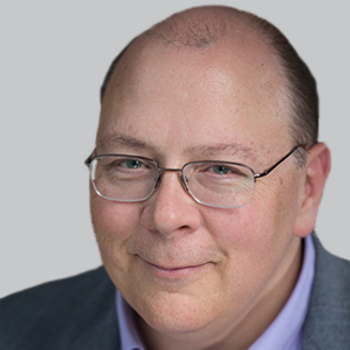
The vice president of Global Program Leadership in Neurology and Immunology at EMD Serono discussed the recent long-term phase 2 data on evobrutinib presented at CMSC 2020.
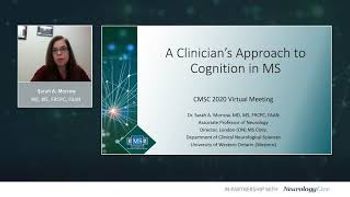
Sarah Morrow, MD, MS, presents her lecture titled, "A Clinician’s Guide to Cognition in MS" as part of the 2020 CMSC Virtual Annual Meeting.

Jennifer Graves, MD, PhD, presents her lecture titled, "The Role of Biological Aging in MS Progression" as part of the 2020 CMSC Virtual Annual Meeting.

Riley Bove, MD, presents her lecture titled, "Caring for Women Across the Reproductive Lifespan" as part of the 2020 CMSC Virtual Annual Meeting.
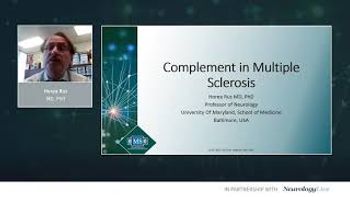
Horea Rus, MD, PhD, delivers his lecture titled, "The Role of Complement in MS" as part of the 2020 CMSC Virtual Annual Meeting.

Sergio Baranzini, PhD, presents his lecture titled, "Genetics Update" as part of the 2020 CMSC Virtual Annual Meeting.
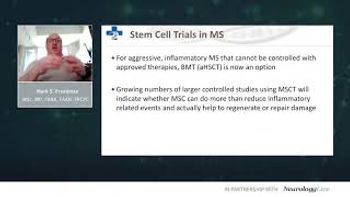
Mark Freedman, MSc, MD, presents the John F. Kurtzke Lecture, titled "Stem Cell Research Update" as part of the 2020 CMSC Virtual Annual Meeting.
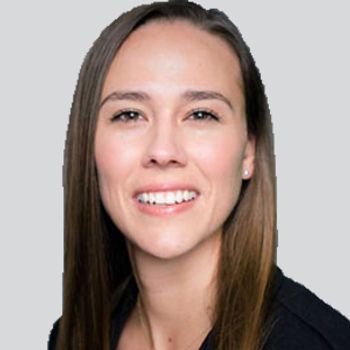
Improvements in function may be mediated by an effect of aerobic fitness on deep gray matter brain structures.

An analysis of data from the phase 3 development of cladribine (Mavenclad; EMD Serono) showed that the incidence of treatment-emergent adverse events was low and most were mild in intensity.
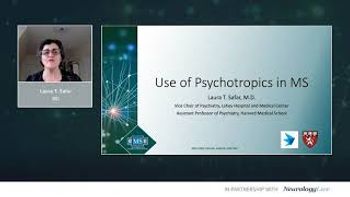
Laura Safar, MD, presents her lecture titled, "Use of Psychotropics in MS: Antidepressants, Anti-anxiety Agents, Mood Stabilizers, Hypnotics, Antipsychotics, and Cognitive Enhancers" as part of the 2020 CMSC Virtual Annual Meeting.